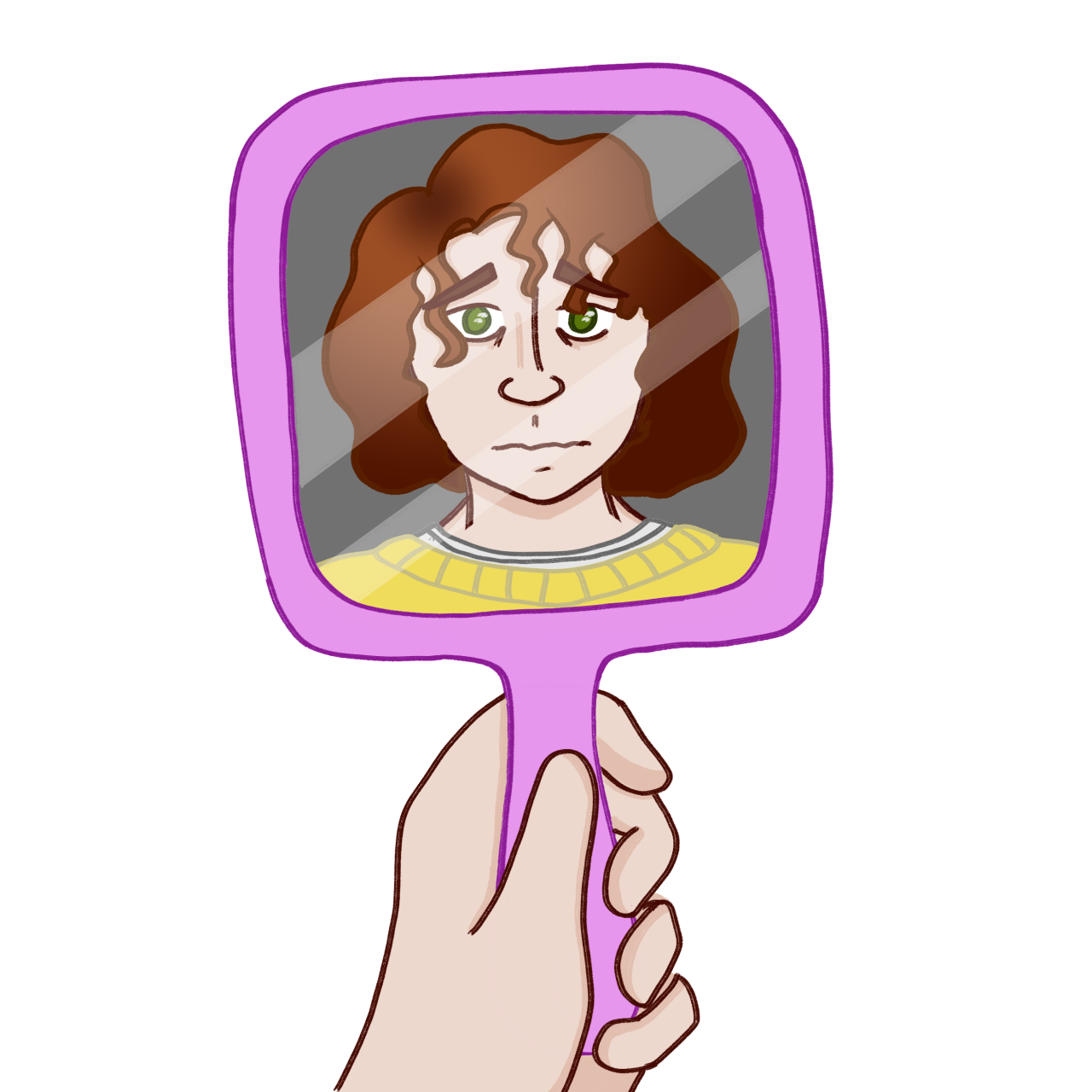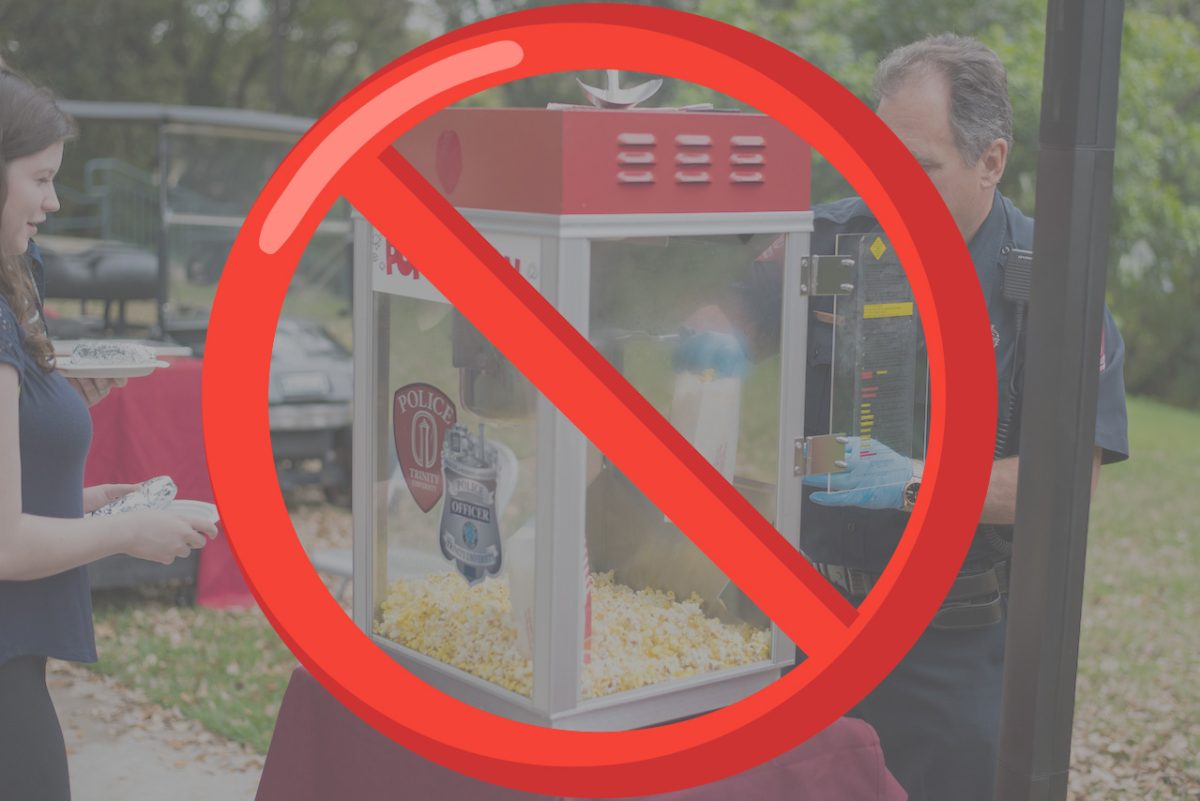There’s so much to be anxious about right now. As someone with chronic anxiety, yes, that’s always my opinion, but for many of us there really is more to be anxious about than ever before: our classes, our jobs, our own health and safety, the heath and safety of loved ones and just generally being in a global pandemic. The uncertainty of it all can be overwhelming, and being alone with these thoughts doesn’t help.
Along with the obvious threats to physical health that COVID-19 presents, the pandemic has brought with it a series of onslaughts to our mental health. As a result of social distancing health and safety measures, many have been facing the challenges of being isolated during a long period of time with abounding sources of anxiety or stress.
With so little to funnel these negative thoughts and feelings into, our own bodies and minds easily become the target.
Social support theory, an area of study across various disciplines including psychology and medicine, directly explains the relationship between one’s socialization and their physical and mental health. Feelings of loneliness or isolation have been proven to have negative effects on one’s mental and physical health. The buffering hypothesis, proven in social support research, suggests that support given during times of stress has a positive effect on mental and physical health outcomes, “buffering” the harm done by stressors.
Given our current circumstances due to the pandemic, we don’t have access to the social support we need. Virtual socialization is an adequate stand-in, but many aspects of isolated living still allow us to foster negative feelings about ourselves. So what do we do?
I’m no expert by any means. I’ve always been a reserved and self-conscious person, the type to find myself staring in a mirror for too long to figure out how I “really” look, dissecting my appearance, but over the past few years as I have been working to combat these bad habits, and especially in the past six months, I’ve picked up some helpful tips, the first of which, I’ll admit, is thanks to sociology professor Dr. Stone telling the students of Social Research Design.
Do you catch yourself fixating on your appearance and actions in Zoom calls, focused mostly on your own video than your classmates’ or professor’s? This is pretty common, and there’s a name for it: Zoom fatigue, the feeling of exhaustion that’s a result of virtual multitasking, little non-verbal communication and having to stare at ourselves on a screen for hours at a time. With almost daily Zoom calls for classes and work, we’re looking at ourselves on-screen far more than we ever have before, lengthening the time we spend looking at ourselves and making us hyper-aware of our appearance and flaws. Studies have proven that being able to see yourself in video calls is both mentally exhausting and affects the way you interact with others. To best counter this, try hiding your own video from your display in Zoom; it can be nerve-wracking at first, not being able to monitor your every move as you have been for weeks, but will do wonders for your concentration and information retention.
Another component of body image that over 20% of college students struggle with is disordered eating. Social isolation and disordered eating have a complex relationship—which comes first, the chicken or the egg? There’s no one correct answer, and if you notice one issue then, for many people struggling with anxiety, the other is not far behind. Not to mention that there’s added elements of stress surrounding meal prep, as just the thought of going to the grocery store is enough to create anxiety, as are worries about properly sanitizing groceries. While there’s no one-and-done solution to disordered eating, planning mealtimes can serve as a source of stability and self-accountability, especially given the flexibility of schedules during this virtual era. Before beginning your week or day, look at your schedule to figure out times that are best for you to set aside time to eat and relax.
Lastly, I recommend unfollowing the people on your social media accounts that make you feel or think negatively, especially if those thoughts are about yourself. There’s a difference between staying informed on current events, which can sometimes elicit negative emotions, and following people who do not bring joy to you personally. Why follow the influencer whose body makes you feel bad about your own or the old friend you’ve lost touch with who wasn’t great to be around? There’s something freeing about no longer exposing yourself to those kinds of people or pages; instead, follow some pages that focus on topics you care about, whether it’s global warming or public health or watercolor painting, and social media will become a much more positive experience.







